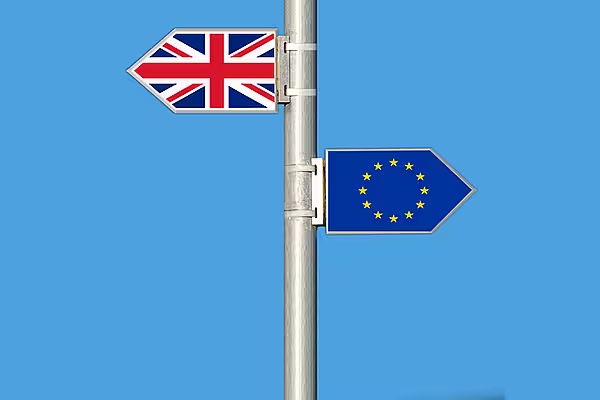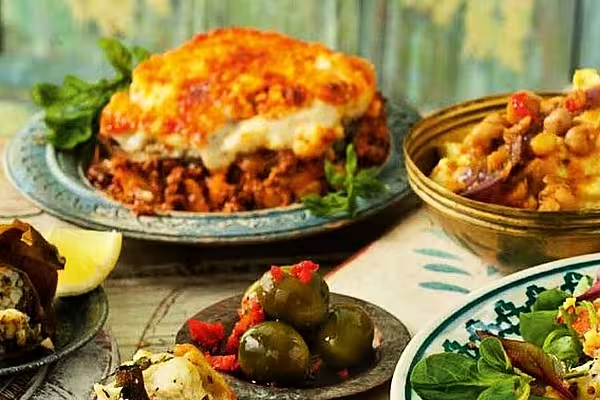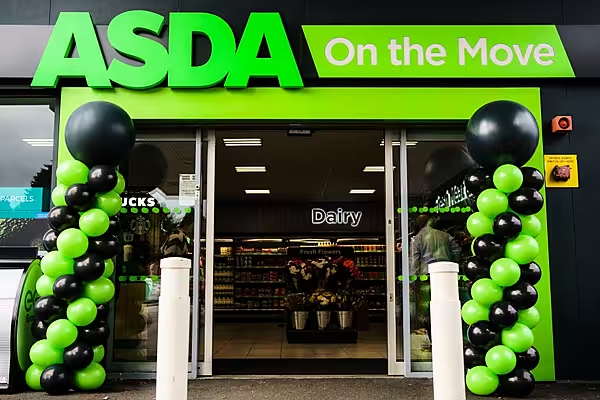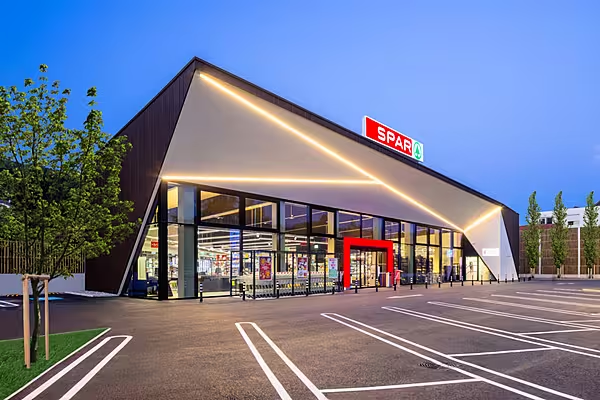With four days to go before Christmas, Britain’s biggest business lobby is writing its wishlist.
The Confederation of British Industry on Wednesday outlined what different sectors want from Brexit. Airlines want the government to prioritize the 'smooth transport' of holidaymakers, workers and goods; Britain’s creative industries want clarity on the future of intellectual property; service companies such as banks and restaurants cited a need to ensure a steady supply of foreign workers.
“The Government will need to take a ‘whole economy’ approach to avoid leaving sectors behind,” said Carolyn Fairbairn, the group’s director-general.
The government said in response that it too wanted a “smooth and orderly exit that works for all sectors” and had been “engaging intensively” with businesses.
One question for when the negotiations begin will be whether the government favors the holistic approach the CBI wants or ends up pitching some sectors against each other when trying to wrangle a deal out of the European Union.
Separately, the Recruitment & Employment Confederation reports that 48% of employers expect to face a shortage of suitable candidates to fill permanent jobs in 2017.
Transitioning to a Transition
Businesses did find one reason to be happy on Tuesday, when Prime Minister Theresa May acknowledged that “practical aspects” such as reprogramming computers may mean a transitional period is necessary between leaving the EU and starting a new trading relationship with the bloc.
That will cheer executives. They worry that without such a plan the UK risks facing sweeping post-Brexit trade tariffs, or – at the very least – a bumpy entrance into the new world.
Where there will be disappointment is in May noting that she “can’t say immediately now” what kind of “implementation phase” will be necessary until the final shape of Brexit is clear. That echoes EU negotiator Michel Barnier, who says he wants to know the destination before building a bridge.
That reticence will irritate banks. They warn that if there is to be a stop-gap it needs to be confirmed soon or they will begin shifting operations and jobs overseas as early as 2017. Waiting until the talks are nearly over for details will be too late for them.
Mujtaba Rahman at the Eurasia Group said in a report on Tuesday that one reason for May to hold back is the hope that the UK can at some point win reciprocation from the EU by declaring it will impose no tariffs on the bloc until a trade deal is cemented.
He warned, though, that some Europeans may resist matching such a pledge because they see the threat of disruption as a “key lever”. They want the U.K. to agree to an “advantageous divorce deal” while simultaneously attracting more UK-based businesses to relocate inside the single market as the deadline nears.
May also declined to say if Parliament will get to vote on whatever deal she strikes.
Troubled Again
Derry or Londonderry, cradle of the 'Troubles' that haunted Northern Ireland for three decades, is now on the front line of Brexit.
Inside the walled city in the only part of Britain with an EU land border, the latest battle for locals is financial. The UK voted for Brexit, but a majority of Northern Irish voters opted to remain. Now Derry airport is losing flights, there are questions about cross-border trade and EU subsidies may be about to end, reports Bloomberg’s Dara Doyle.
“I don’t believe UK money will replace EU money,” said John Kelly, whose younger brother was killed in Derry on 'Bloody Sunday' in 1972. He now helps run a museum dedicated to their memory and its new building is being partly paid for by the EU. “In years to come, people will see the money disappear. We are talking billions upon billions.”
News by Bloomberg, edited by ESM. To subscribe to ESM: The European Supermarket Magazine, click here.














